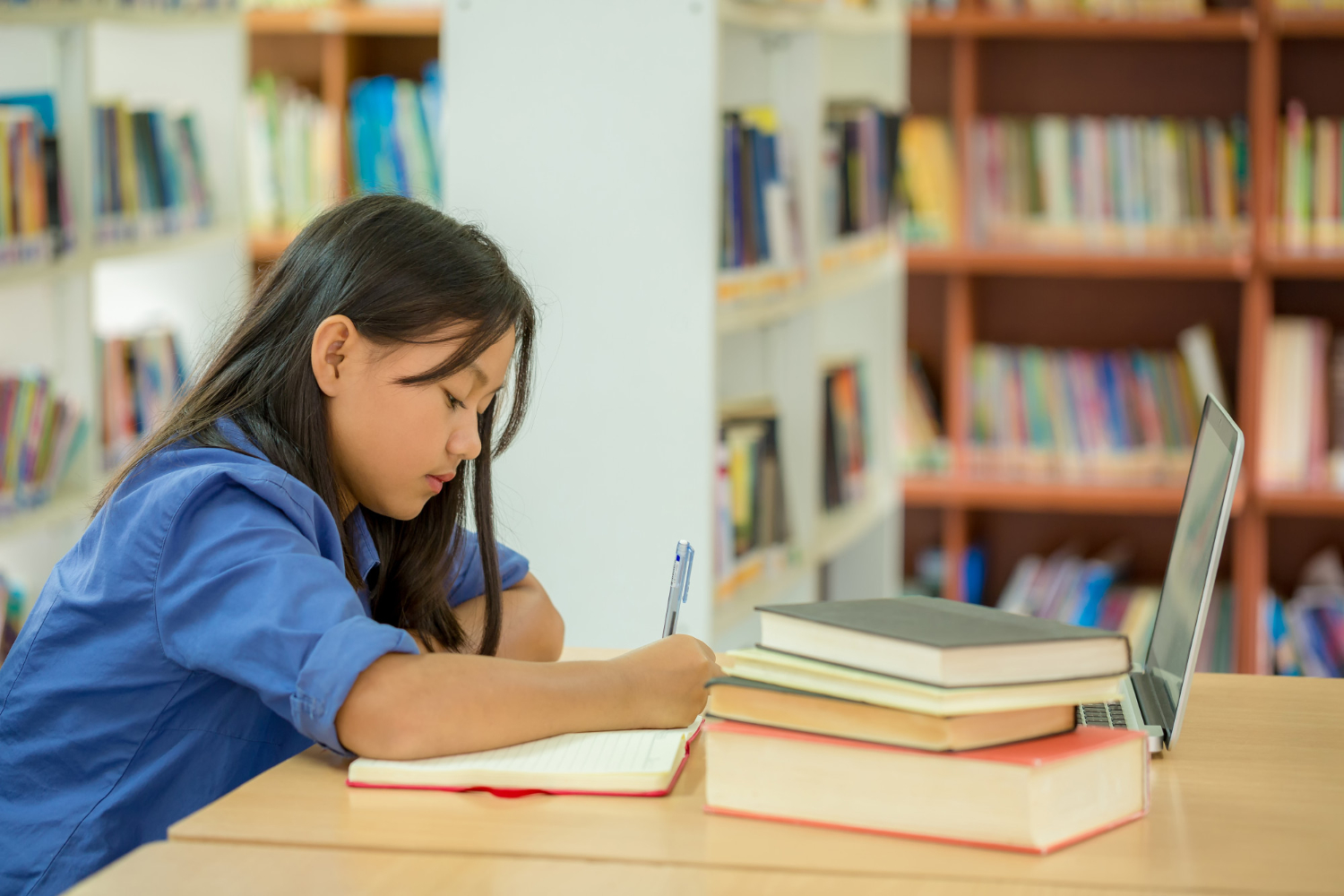The Primary School Leaving Examination (PSLE) marks a significant milestone in every Singaporean student’s academic journey. As a deciding factor for secondary school placement, it understandably brings about stress and anxiety. However, while preparing for the PSLE examination, it’s crucial to strike a balance between schoolwork, tuition, and leisure. This balance doesn’t just optimize performance but also ensures the holistic well-being of the student.
The Role of Each Component
1. Schoolwork
Every student’s foundational knowledge is constructed during regular school sessions. Keeping up with daily lessons is fundamental to grasping concepts that will appear in the PSLE. It’s not just about rote learning; understanding and internalizing lessons ensure that the information stays with you. As Mrs. Lim, a primary school teacher of 15 years, puts it, “The consistency in attending classes and participating actively makes a world of difference during exams.”
2. PSLE Tuition
For many, PSLE tuition classes serve as a complement to regular schooling. These sessions can help fill gaps in understanding and offer a deeper dive into complex topics. However, while seeking PSLE tuition is beneficial, there’s a risk of over-reliance. Overloading with tuition can lead to burnout and fatigue, diminishing its effectiveness. Therefore, ensuring productive tuition sessions and choosing the right PSLE tuition center or tutor becomes paramount.

3. Leisure
The power of leisure is often underestimated. Scientific studies show that breaks and relaxation can significantly improve overall cognitive performance and memory retention. Leisure isn’t just about watching TV; it can range from engaging in physical activities, pursuing hobbies, or simply taking a nap. It’s essential to recognize when to step back from books and rejuvenate.
Striking a Balance
1. Prioritizing Tasks
Prioritizing is the first step towards achieving a balance. Techniques like the Eisenhower Box or the ABCD method help in distinguishing urgent tasks from the important ones. It aids in allocating specific times for study, tuition, and relaxation, ensuring that neither gets neglected.
2. Time Management Techniques
Managing one’s time efficiently can be the difference between a stressed student and a confident one. Techniques like the Pomodoro method, which involves studying in short, focused bursts with breaks in between, can be particularly effective. Setting tangible goals, like completing a set of questions within a specified time or mastering a particular topic during a PSLE tuition session, can bring a sense of accomplishment. Time management apps can also be great allies in this journey.
3. Staying Organized
A cluttered study space can lead to a cluttered mind. Organizing notes, reference books, and online materials can save precious time and reduce anxiety. A well-structured study schedule, factoring in school, PSLE tuition sessions, and breaks, can significantly enhance productivity.
Overcoming Challenges
1. Handling Peer Pressure
Every student’s learning curve is unique. Yet, many fall into the trap of comparing themselves with their peers. Such comparisons are counterproductive. Instead, focus on individual growth and understanding one’s strengths and weaknesses.

2. Managing Stress
PSLE-related stress is real and common. Recognizing early signs, be it mood swings, anxiety, or chronic fatigue, is crucial. Techniques like deep breathing, meditation, or even discussing concerns with parents or PSLE tuition teachers can offer relief. Never underestimate the rejuvenating power of a good night’s sleep.
3. Dealing with Burnout
Prolonged periods of study, combined with back-to-back PSLE tuition classes, can lead to burnout. Recognizing symptoms like lack of interest, persistent fatigue, and irritability is essential. Taking a break, changing the study environment, or discussing concerns with tutors can help in recovery.
Support System
1. Parents’ Role
While the PSLE is a student’s journey, parents play a pivotal role in offering a supportive backdrop. They can encourage a healthy balance, providing emotional support, and ensuring open communication lines. Their role isn’t to add pressure but to alleviate it.
2. Teachers and Tutors
Beyond school teachers, PSLE tuition teachers become significant mentors in a student’s journey. They provide specialized guidance, additional resources, and personalized feedback. Building a strong rapport with them can make the learning process smoother.
3. Peer Support
Study groups can be invaluable. Collaborative learning, peer teaching, and sharing of strategies can provide fresh perspectives. Moreover, realizing that everyone is in the same boat can offer comfort.
In conclusion, the journey to the PSLE isn’t just about academic excellence; it’s about maintaining a healthy equilibrium. Balancing schoolwork with PSLE tuition and leisure ensures not just better results but also a happier, well-rounded individual. The journey might be tough, but with the right strategies and support, every student can shine.

